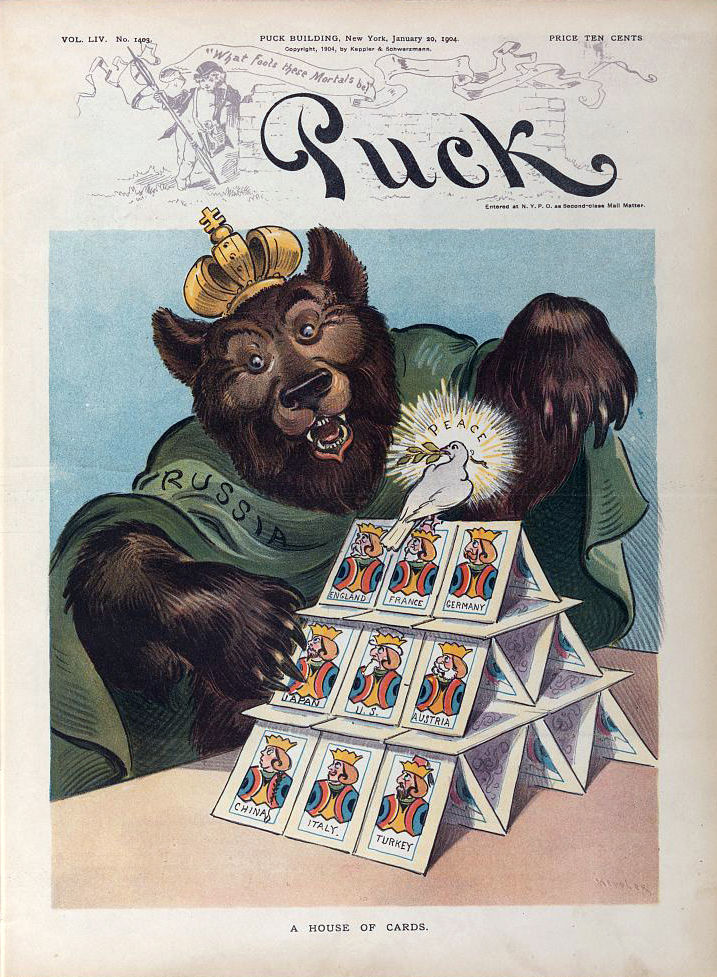Can the EU and Mercosur reach a deal?
- João Vitor de Araujo Moraes
- Jan 12, 2024
- 4 min read
Updated: May 14, 2025
by João Vitor de Araujo Moraes
“You want it or not?” said the Brazilian president, Luiz Inácio Lula da Silva, who was attending the 2023 G20 Summit held in New Delhi last September. “[I]t has been twenty-two years, [...] we want it, and we need it, but we want to be treated on equal terms, [...] Or we stop discussing the deal, because after twenty-two years, no one believes it anymore,” he continued. The deal in question, the EU-Mercosur Trade Agreement, negotiated between the European Union and its South American counterpart Mercosur, is expected to save more than 4 billion euros in tariffs per year by liberalizing and allowing for more free trade between the two blocs. However, more than two decades into the negotiations, they have yet to reach a conclusion. Negotiations had come to a close in 2019, when a framework agreement was reached, but since then, getting either party to ratify the deal has shown to be quite difficult.
Many countries have voiced concerns about the problems that it might bring. With both continents having such different economies, their areas of worry cover a broad spectrum, and knowing what they are is essential to understanding why it’s been so hard to get the deal approved by both sides. Mercosur – the Spanish acronym for the Southern Common Market – was established in the 1990s to try to start in South America the processes of freer regional trade seen in places like North America and Europe. Composed of countries with developing economies, South America still has weak industrial and service sectors compared to the countries of Europe. For about a century, Brazil and Argentina have relied heavily on protectionism to try and industrialize, creating closed market economies. The idea of heavily slashing tariffs on manufactured goods and allowing for leveled competition between them and well-established European factories with much more advanced technology would be a break from longstanding practice and pose a risk to a lot of the industrial base in place.
Concern has been openly expressed not only by the Brazilian president, as cited above. Argentina’s former president Alberto Fernández also said at the last Mercosur summit that “no one can condemn us to being only raw material exporters that others use to manufacture products to sell us back for outrageous prices.” The two biggest countries of Mercosur, Brazil and Argentina, both uniting behind the same argument demonstrates the weight of the issue. The bloc sees an end to tariffs as unfair, as countries in the EU keep subsidizing their industries. A case in point is the recent European Green Deal, which is only possible with the amount of resources available to European governments, who are able to invest directly and provide cheaper credit compared to the governments of South America.
On the other hand, EU countries have their own concerns. French president Emmanuel Macron has been staunchly against the deal ever since he took office. Some of his reasoning was that Brazil, notably during Bolsonaro’s presidency, was not abiding by the Paris Agreement with record high levels of deforestation in the Amazon Rainforest, which caused upheaval in the international community. While climate change commitment is important, it should be noted that Brazil has for a long time had one of the world’s cleanest electric grids, with more than three-quarters of its energy coming from renewable sources nowadays.

More importantly, Brazil and Argentina are two of the world’s largest food exporters, with both of them producing especially cheap grain, a staple for Europe. At the same time, European farmers get many subsidies from the EU and their respective nations to ensure the economic viability of their crops. Allowing cheaper grain into Europe could be disastrous for EU farmers, a fact illustrated by recent events in Eastern Europe, especially Poland, where farmers have effectively blockaded the influx of Ukrainian grains. To help the Ukrainian economy amid its ongoing conflict with Russia, the EU has since mid-2022 cut all import tariffs from Ukraine. With Ukrainian foodstuffs, especially wheat, one of its top exports, soon finding their way into its EU neighbors, the price of grains on their domestic markets fell drastically. In response, many of them banned such imports, with the EU intervening in Ukraine’s favor to keep the imports flowing. Poland said in the same week that it would stop providing weapons to Ukraine.
Not many European leaders are sold on approving the deal with Mercosur at the cost of causing resentment among their nations’ farmers, who tend to form important voting blocs in many countries. Despite all this, the economic benefits for both parties seem to outweigh the potential losses. 4 billion euros are expected to be saved just on trade that is already ongoing, and it would allow for much more of it in areas from basic material trade to highly specialized services. Therefore, a truly final deal should be expected to be hatched before the end of the year. The Brazilian president, now also holding the position of Merco





Comments